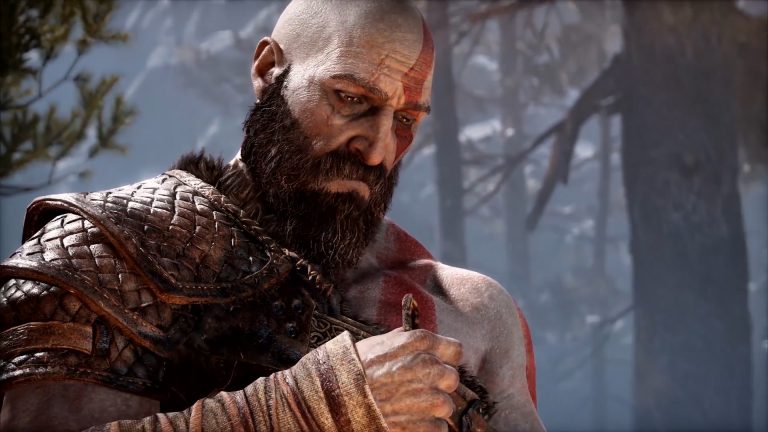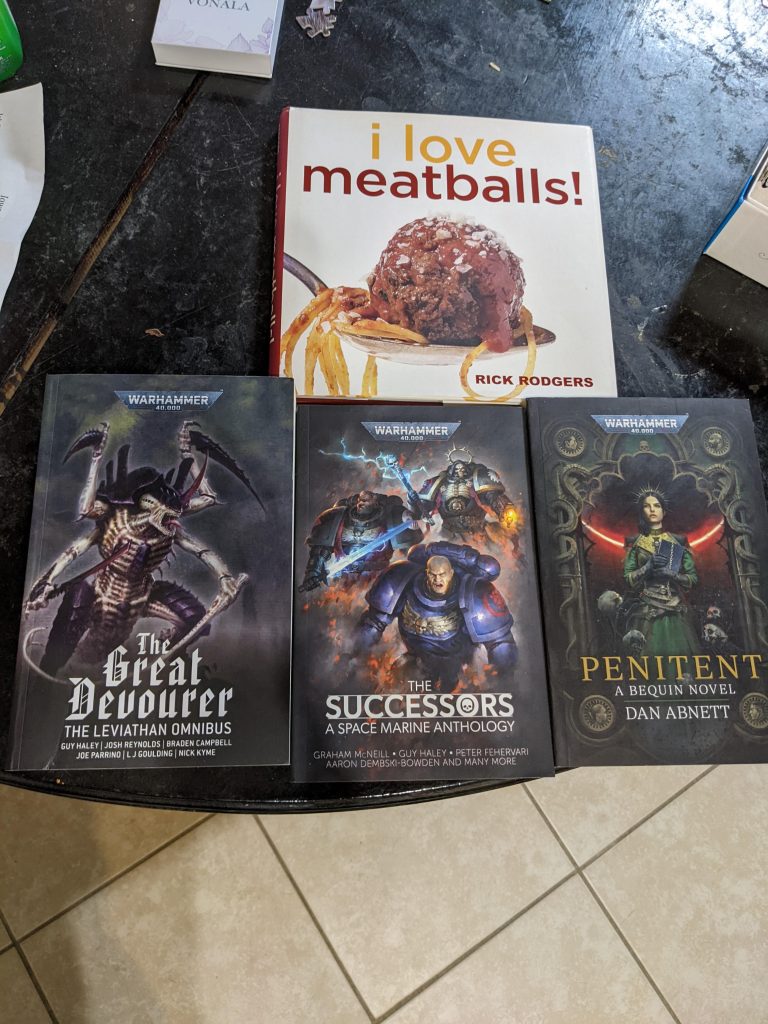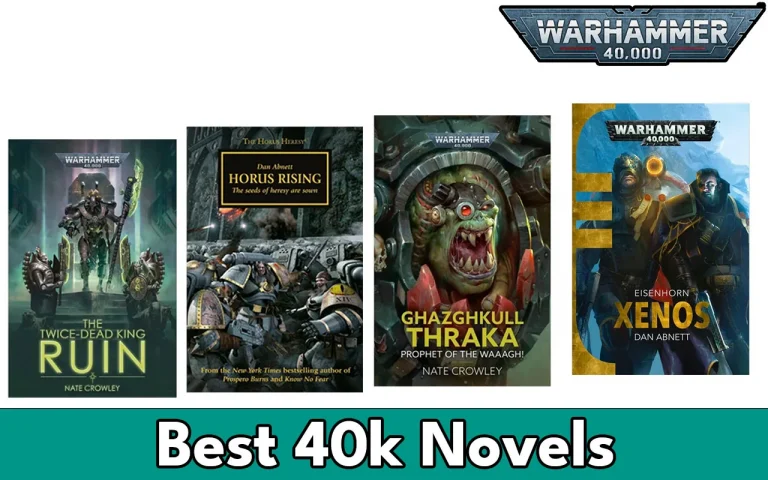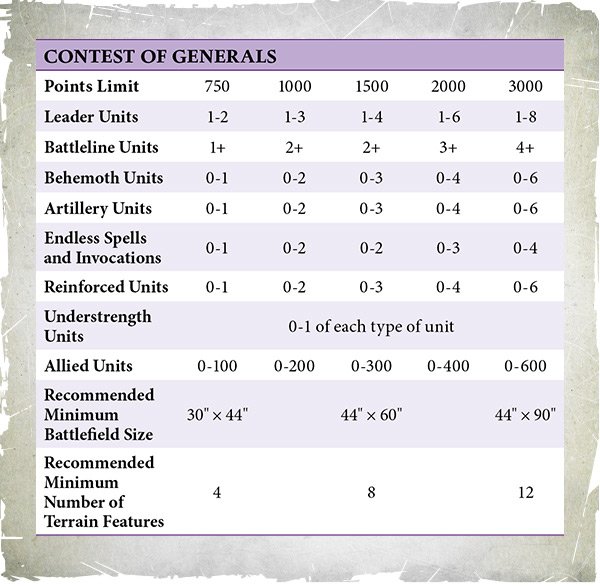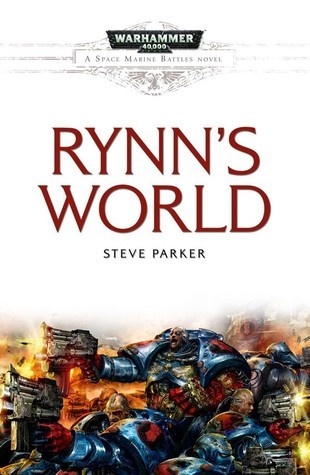Which Total Warhammer Is Best?
Ah, the age-old question: “Which Total Warhammer is best?” For fans of the strategy genre and the iconic Warhammer universe, this question has sparked countless debates and discussions. With multiple titles in the Total Warhammer series, each offering its own unique features and gameplay, it can be quite the challenge to determine the ultimate best. But fear not, for I am here to guide you through the realms of Total Warhammer and shed some light on which installment might just be the crown jewel.
When it comes to the Total Warhammer series, the choices are abundant. From the original Total War: Warhammer to its sequels like Total War: Warhammer II and Total War: Warhammer III, each game brings its own strengths and charms to the table. Whether you’re a fan of epic battles, deep lore, or immersive campaigns, there’s a Total Warhammer title that will capture your heart. So, grab your sword and shield, and let’s delve into the world of Total Warhammer to find out which installment reigns supreme.
Now, let’s embark on a journey through the vast landscapes of the Old World and the Mortal Realms, as we explore the intricacies of each Total Warhammer game. From the breathtaking graphics to the strategic depth, we’ll analyze the gameplay mechanics, factions, and overall experience of each installment. So, gather your allies and prepare for war, as we unravel the mysteries of which Total Warhammer truly stands above the rest.

Which Total Warhammer is Best?
Total War: Warhammer is a highly popular strategy game that combines the epic battles of the Total War series with the rich fantasy world of Warhammer. With multiple installments in the series, each offering unique factions, gameplay mechanics, and campaigns, it can be challenging to determine which Total Warhammer game is the best. In this article, we will explore the different Total Warhammer titles and discuss their strengths and weaknesses, helping you decide which one is the best fit for you.
Total War: Warhammer
Total War: Warhammer, the first game in the series, introduced players to the fantastical world of Warhammer. Set in the Old World, the game features four playable factions: the Empire, the Dwarfs, the Vampire Counts, and the Greenskins. Each faction has its own unique units, mechanics, and playstyle, providing a diverse range of experiences.
The campaign map is expansive and detailed, with iconic locations from the Warhammer lore. From the bustling cities of the Empire to the treacherous mountains of the Dwarfs, the world feels alive and immersive. The battles are epic in scale, allowing you to command massive armies and witness spectacular clashes between fantasy creatures and warriors.
Strengths of Total War: Warhammer
One of the strengths of Total War: Warhammer is its attention to detail when it comes to the Warhammer lore. Creative Assembly, the developer of the game, worked closely with Games Workshop, the creators of Warhammer, to ensure that the game stays true to the source material. This level of authenticity is appreciated by Warhammer fans and adds depth and richness to the gameplay experience.
Another strength of Total War: Warhammer is its replayability. With four distinct factions and multiple legendary lords within each faction, there are countless ways to approach the game. Whether you prefer the noble knights of the Empire or the relentless hordes of the Greenskins, each faction offers a unique playstyle and strategic challenges.
Weaknesses of Total War: Warhammer
One potential weakness of Total War: Warhammer is its limited faction variety compared to later installments. With only four playable factions, some players may feel that the game lacks diversity in terms of gameplay options. However, this is mitigated by the fact that each faction has its own unique mechanics and units, providing enough variety to keep the game engaging.
Another potential weakness is the lack of naval battles in Total War: Warhammer. While land battles are the focus of the game, naval warfare has always been a significant part of the Total War series. Some players may miss the tactical depth and strategic possibilities that naval battles bring to the table.
Total War: Warhammer II
Total War: Warhammer II is the sequel to the original game and expands upon the world of Warhammer with the introduction of four new playable factions: the High Elves, the Dark Elves, the Lizardmen, and the Skaven. The game takes place in the New World, a vast and diverse continent filled with ancient ruins, dense jungles, and treacherous seas.
The campaign in Total War: Warhammer II is unique in that it can be combined with the first game to create a massive combined campaign called Mortal Empires. This allows players to experience the full scope of the Warhammer world, with all the factions from both games available for play.
Strengths of Total War: Warhammer II
One of the strengths of Total War: Warhammer II is its breathtaking visuals and vibrant world design. The New World is teeming with life, from towering temple cities to lush forests and sprawling deserts. The attention to detail in the environments and units is exceptional, creating a visually stunning experience.
Another strength is the inclusion of the Vortex campaign, a narrative-driven experience that adds a layer of urgency and story to the gameplay. As each faction vies for control of the Great Vortex, a magical maelstrom at the heart of the world, players must navigate complex alliances and make strategic decisions to secure victory.
Weaknesses of Total War: Warhammer II
One potential weakness of Total War: Warhammer II is the complexity of the campaign map. With multiple continents and factions, it can be overwhelming for new players to navigate and manage their empire effectively. However, this complexity also adds depth and strategic depth to the game, and experienced players will find it rewarding.
Another potential weakness is the lack of significant changes to the core gameplay mechanics compared to the first game. While Total War: Warhammer II introduces new factions and units, the overall gameplay remains similar. Some players may have expected more innovation and evolution in the sequel.
Total War: Warhammer III
Total War: Warhammer III, the upcoming installment in the series, promises to conclude the Warhammer trilogy with a grand finale. While specific details about the game are still limited, it is expected to introduce new factions, mechanics, and an epic campaign that takes players to the Realm of Chaos.
As the final chapter in the trilogy, Total War: Warhammer III has the potential to surpass its predecessors in terms of scale and ambition. With the forces of Chaos unleashed and the fate of the world hanging in the balance, players will have to make difficult choices and face formidable enemies.
Strengths of Total War: Warhammer III
One of the potential strengths of Total War: Warhammer III is its narrative-driven campaign. The game is expected to provide a satisfying conclusion to the overarching story of the Warhammer trilogy, tying up loose ends and delivering a climactic finale. This narrative focus adds depth and immersion to the gameplay experience.
Another potential strength is the introduction of new factions and mechanics. With the forces of Chaos taking center stage, players can expect to command terrifying daemons, summon dark magics, and unleash devastating abilities. This new level of gameplay variety promises to offer fresh and exciting challenges.
Weaknesses of Total War: Warhammer III
As the game has not been released at the time of writing, it is difficult to determine any specific weaknesses. However, it is worth noting that the expectations for Total War: Warhammer III are high, considering the success of the previous installments. The challenge for Creative Assembly will be to deliver a satisfying and innovative experience that lives up to the anticipation.
In conclusion, determining which Total Warhammer game is the best ultimately comes down to personal preference. Total War: Warhammer offers a solid foundation with its authentic Warhammer lore and diverse factions. Total War: Warhammer II expands upon this with stunning visuals, a combined campaign, and a compelling narrative. Total War: Warhammer III holds the promise of a grand finale, introducing new factions and mechanics to the mix. Whichever game you choose, you are bound to experience epic battles, strategic depth, and hours of immersive gameplay. So, gather your armies, prepare your strategies, and dive into the world of Total Warhammer.
Key Takeaways: Which Total Warhammer is Best?
- Warhammer Total War II is considered the best by many players.
- It offers a vast and immersive world with different factions to choose from.
- The game has impressive graphics and detailed unit models.
- Players can engage in epic battles with magical spells and monstrous creatures.
- Warhammer Total War II provides regular updates and expansions, keeping the game fresh and exciting.
Frequently Asked Questions
Here are some frequently asked questions about the Total Warhammer series:
1. What are the different Total Warhammer games available?
The Total Warhammer series currently consists of three main games: Total War: Warhammer, Total War: Warhammer II, and Total War: Warhammer III (yet to be released at the time of writing). Each game builds upon the previous one, expanding the playable factions, maps, and campaign mechanics.
Total War: Warhammer focuses on the Old World, while Total War: Warhammer II introduces the New World. Total War: Warhammer III is expected to explore the realm of Chaos and bring new gameplay elements to the series.
2. Which Total Warhammer game is the best for beginners?
For beginners, Total War: Warhammer II is often considered the best starting point. It offers a more polished and streamlined experience compared to the first game, with a diverse roster of factions and a captivating campaign. The Mortal Empires campaign, which combines both Total War: Warhammer and Total War: Warhammer II maps, provides even more options for players to explore.
However, each game has its own unique features and factions, so it ultimately depends on personal preference. Some players may prefer the factions and mechanics of the first game, while others may enjoy the new additions and improvements of the sequels.
3. Which Total Warhammer game has the most content?
Total War: Warhammer II currently has the most content among the released games in the series. It introduces four major playable factions, each with their own unique mechanics and starting positions. The combined Mortal Empires campaign also offers a massive playground for players, merging the content from both Total War: Warhammer and Total War: Warhammer II.
Total War: Warhammer III is expected to bring even more content to the series, with additional factions and features.
4. Can I play the Total Warhammer games in any order?
While each Total Warhammer game can be played independently, playing them in order provides a more cohesive and immersive experience. Starting with Total War: Warhammer allows you to witness the rise of the Old World factions, while Total War: Warhammer II introduces new regions and factions in the New World.
If you own both Total War: Warhammer and Total War: Warhammer II, you can also play the combined Mortal Empires campaign, which combines the maps and factions from both games.
5. Will Total War: Warhammer III be the definitive edition of the series?
Total War: Warhammer III is expected to be the final installment in the Total Warhammer trilogy, concluding the grand narrative of the Old World, New World, and Chaos. It promises to bring new content, features, and a climactic conclusion to the series.
However, it’s worth noting that the definitive edition of the series may vary depending on personal preferences. Each game offers its own unique factions and mechanics, and the combined experience of all three games provides the most comprehensive Total Warhammer experience.
A Complete Guide to Every Total War Game in 2023
Final Thoughts: Which Total Warhammer is Best?
After exploring the epic world of Total Warhammer, it’s clear that choosing the best game in the series is no easy task. Each installment offers its own unique blend of strategy, immersive gameplay, and stunning visuals. However, if we were to crown a victor, it would have to be Total Warhammer II.
Total Warhammer II takes everything that made the original game great and elevates it to new heights. With its diverse roster of playable races, expansive campaign map, and engaging lore, it’s a true masterpiece in the fantasy strategy genre. Whether you’re commanding the High Elves, Dark Elves, Lizardmen, or Skaven, you’ll find yourself immersed in a world of thrilling battles and intricate diplomacy. The attention to detail and the seamless integration of the Warhammer lore make it a must-play for both fans of the franchise and newcomers alike.
From a search engine optimization standpoint, Total Warhammer II also holds its own. With its well-established fanbase and ongoing support from the developers, it continues to generate buzz and maintain high search rankings. So, if you’re looking to dive into the world of Total Warhammer and experience the best the series has to offer, Total Warhammer II should be your go-to choice.
In conclusion, while all the Total Warhammer games offer their own unique experiences, Total Warhammer II stands out as the pinnacle of the series. Its captivating gameplay, immersive world, and ongoing popularity make it the clear winner in the realm of Warhammer strategy games. So gather your forces, rally your allies, and prepare for an unforgettable journey into the fantastical world of Total Warhammer II. Victory awaits!

